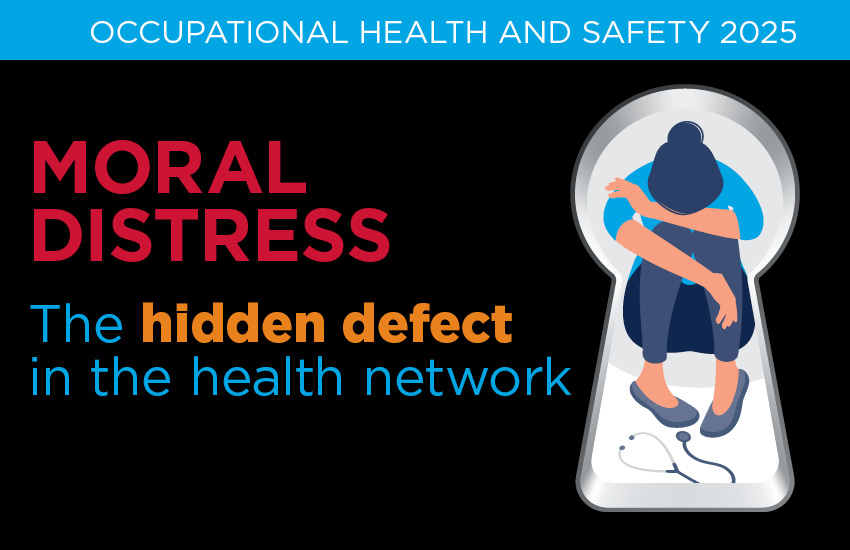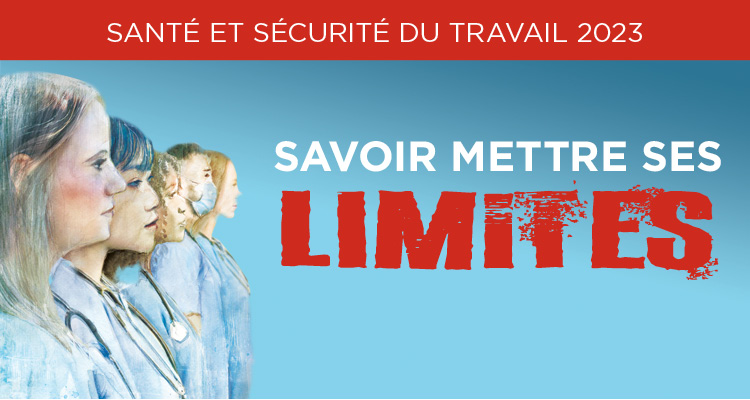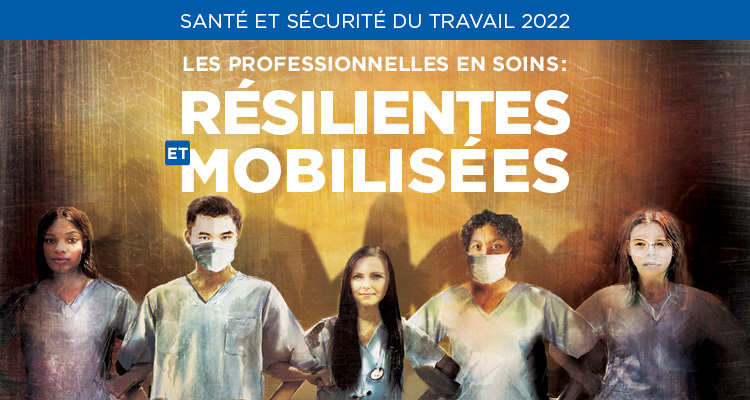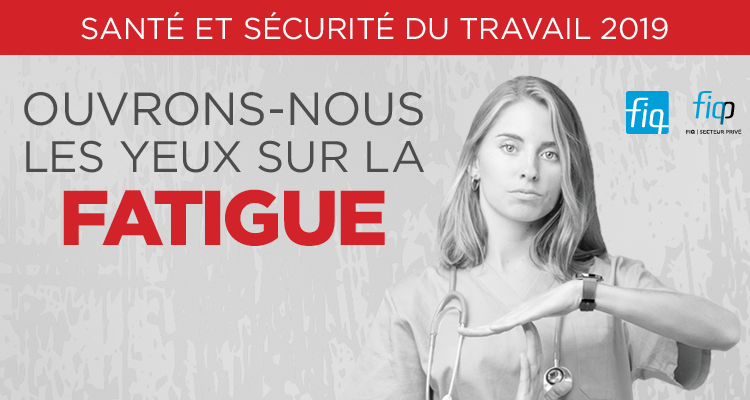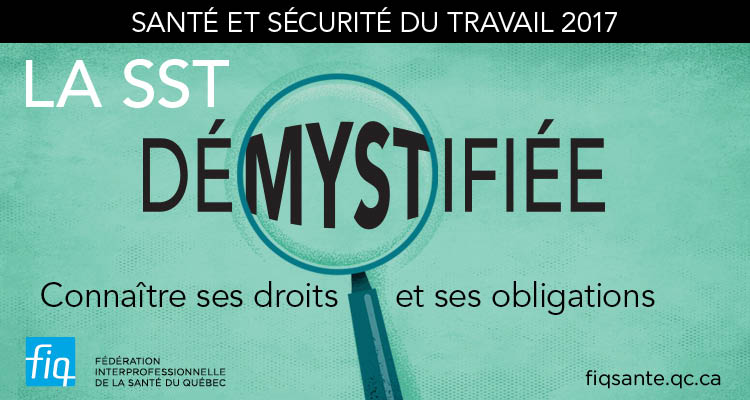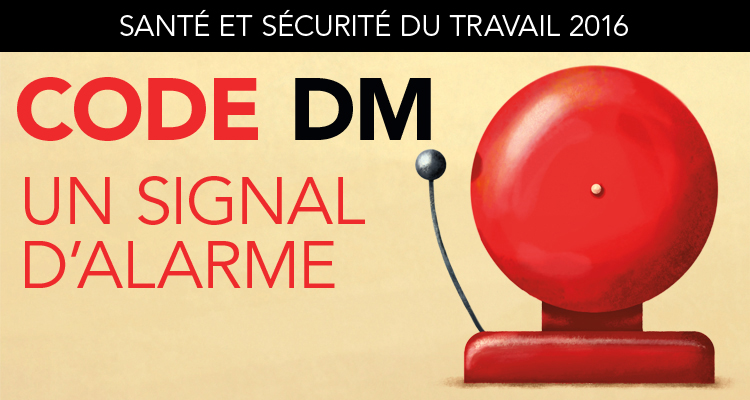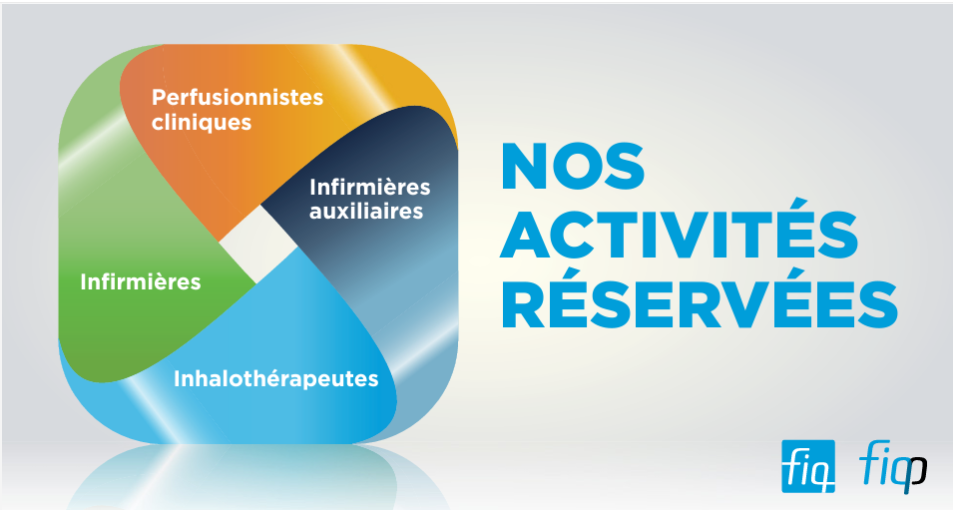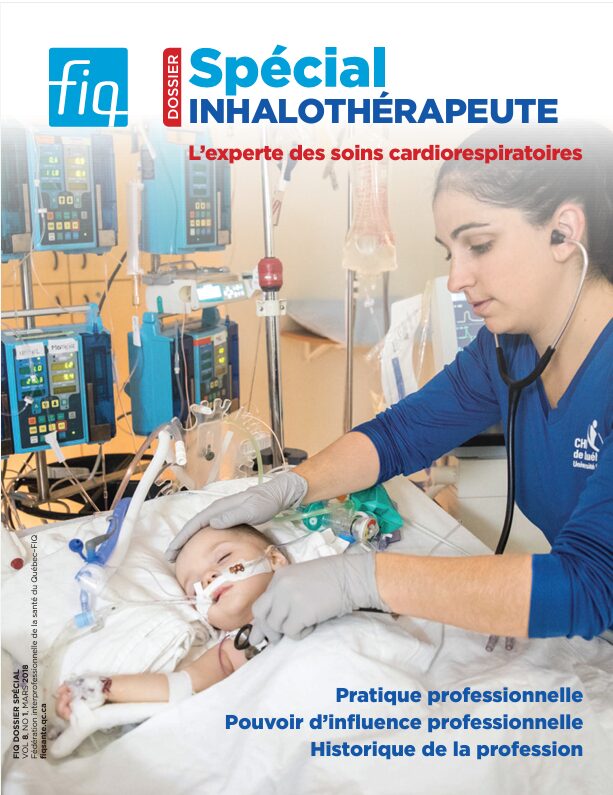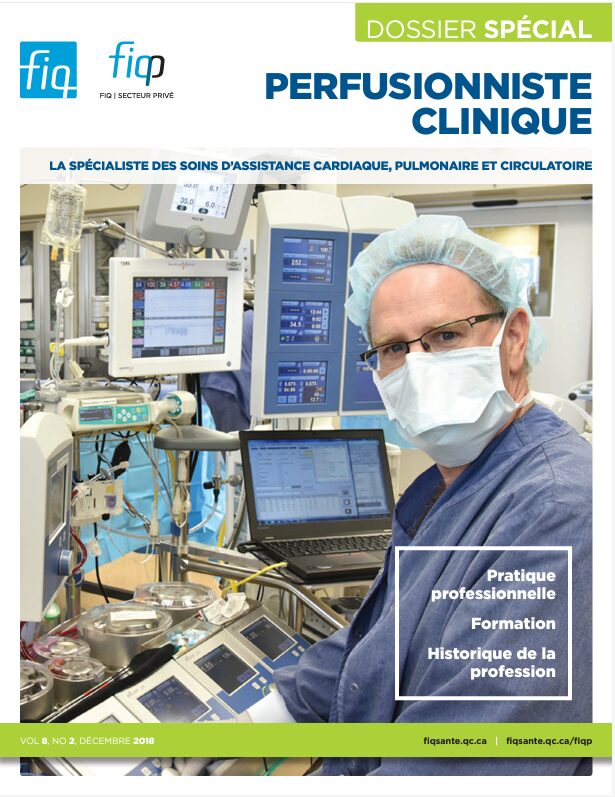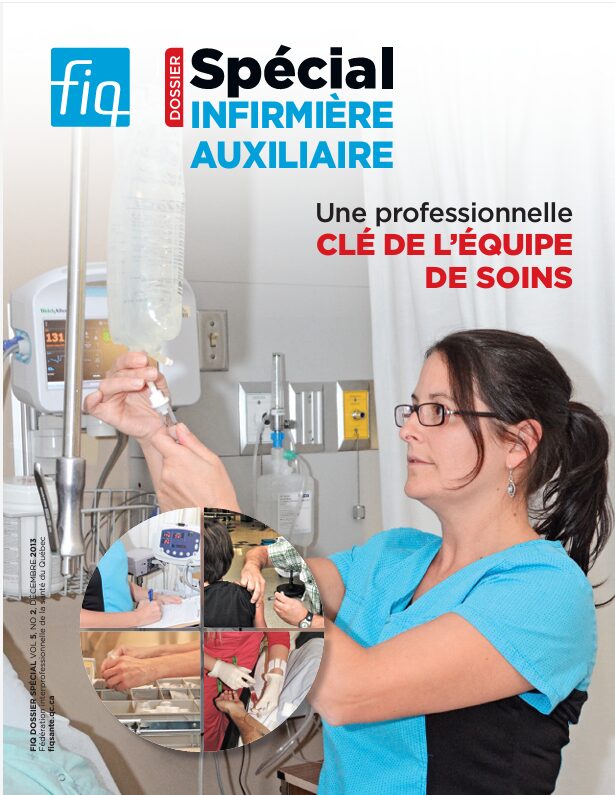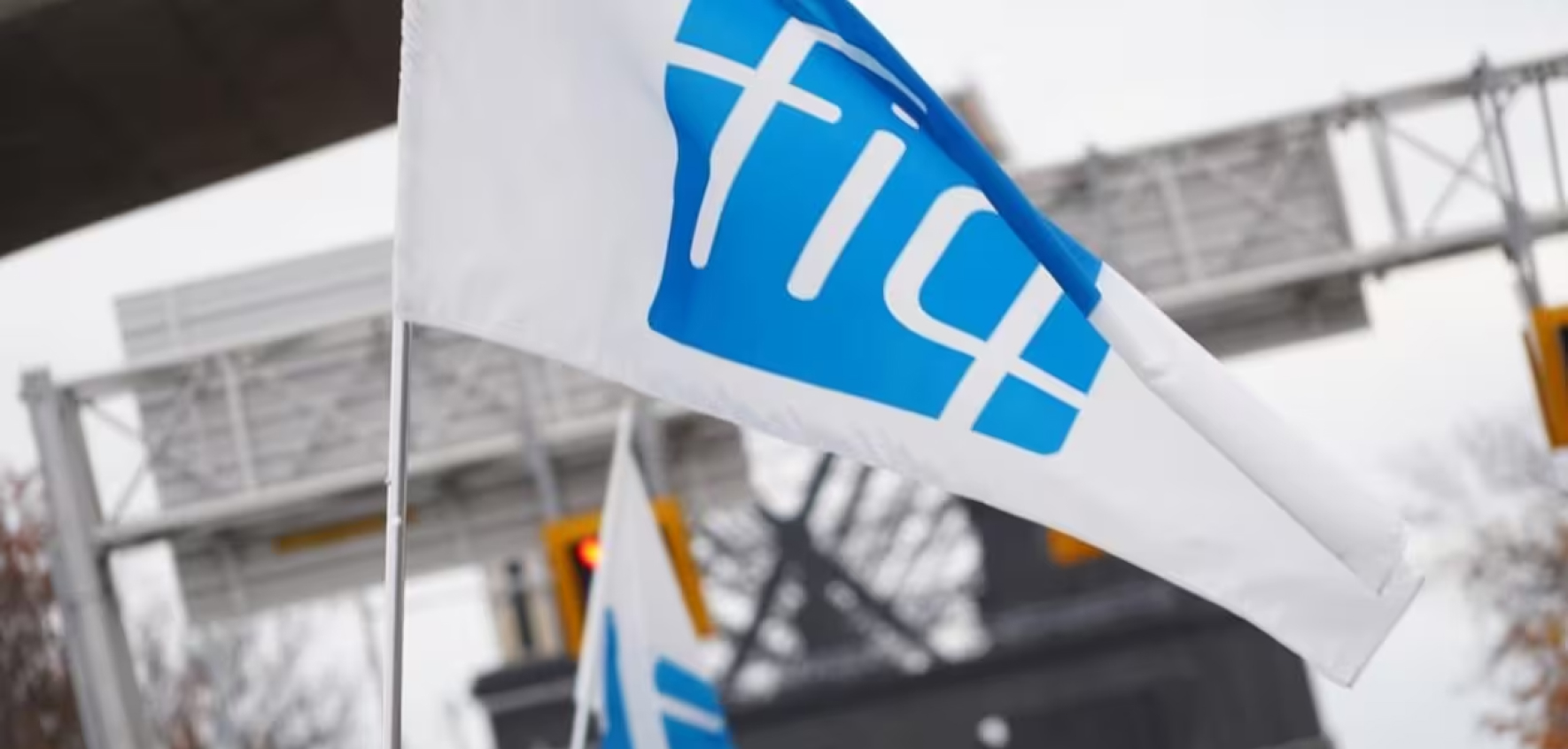Working conditions
As a labour organization, the FIQ defends its members’ working conditions, negotiates collective agreement renewals, and ensures they are respected.
The FIQ is also active in occupational health and safety, working to ensure that its members work in a safe environment without physical and psychological danger.
The FIQ also intervenes in organization of work and professional practice so that healthcare professionals can work to their full potential and exercise their full scope of practice.
Do you need help with your working conditions?
Contact your local team today.
Collective agreement
On December 5, 2024, the FIQ and the government signed the new 2024-2028 collective agreement. his step officially marks the end of the collective negotiations and the coming into force of your new provincial collective agreement.
The new collective agreement is now into force.
Collective agreement
For several years, the FIQ and its members have denounced the use of overtime, whether it is mandatory (MOT) or voluntary, by many employers in the health network as a management method to alleviate various problems originating in poor human resource planning and a context of budget cuts.
These reasons are insufficient to justify the dangers and harmful consequences that result! We must continue to act collectively and locally to put an end to this inappropriate management method.
Rather than put adequate and stable teams in place, healthcare institutions, use an almost unlimited envelope of overtime. Every year it costs the government hundreds of thousands of dollars.
Using overtime should only happen in unforeseen circumstances (work overload, unforeseen absence of staff, an emergency). The provincial days without MOT, held on April 8 and 15 and November 15, 2019, showed that with better planning, stable teams, political will and efforts on the part of network managers, it’s possible to significantly reduce the use of MOT. The Administrative Labour Tribunal ruled in favour of the FIQ acknowledging that overtime must only be used in urgent and exceptional situations.
Does your employer want to force you to do mandatory overtime?
Take a look at our tool to help you decide if you should comply with your employer’s demand or if you should leave at the end of your shift because you believe that the situation leading up to the mandatory overtime is not justified.
You had to work mandatory overtime?
Add your situation to an existing collective grievance by completing the inquiry form detailing the MOT for a collective grievance.
Negotiations for the renewal of the collective agreement
When the collective agreement expires, it’s the FIQ who negotiates with the employer, in this case, the Québec government, the renewal of its members’ working conditions. This exercise, which can take more than a year, requires major preparation and constant mobilization.
The outcome of negotiations will depend mainly on the level of the members’ mobilization and their determination to act to obtain improvements in their working conditions. Participation in mobilization actions during negotiations strengthens the legitimacy of the Negotiating Committee and increases the organization’s bargaining power with the government.
Step 1
Preparation
(About one year before the current collective agreement expires)
- Electing a Negotiating Committee which will sit at the bargaining table
- Putting in place a decision-making and mobilization structure
- Identifying the possible union alliances
- Members participating in the different consultations to find out their priorities and their demands.
- Developing a booklet of demands
Step 2
Active phase of negotiations
- Presenting our demands to the employer
- Working at the bargaining table
- Gradually increasing pressure tactics, from small symbolic gestures to slightly more heavy actions and that may go as far as a strike.
- Members mobilizing to support the Negotiating Committee’s work. Throughout the active phase, members must be kept informed of the actions and will decide when they are consulted, notably on a strike mandate.
Step 3
Tentative agreement
- Adopting a tentative agreement by the union decision-making bodies
- Presenting the agreement to the members
- Referendum vote by the members on the tentative agreement
Adoption : go to step 4
Rejection : step 2 continues
Step 4
Writing the texts and application
Once the tentative agreement is adopted by the members:
- Writing the official texts of the new collective agreement
- New provisions gradually go into effect
- Determining when feedback is due on the expiry date of the previous collective agreement (if applicable)
This step may take several months.
Prevention component
In prevention, the FIQ:
- Ensures the rules in the various occupational health and safety laws are respected and offers the necessary advice;
- Analyzes the laws, case law and policies issued by the CNESST;
- Develops strategies and positions to defend;
- Drafts documents and information tools linked to prevention and compensation in occupational health and safety;
- Works with the OHS Committee on organized occupational health and safety events (OHS Week, OHS Network);
- Participates in work groups on topics related to occupational health and safety.
Compensation component
When it’s not possible to prevent an incident linked to occupational health and safety, the FIQ:
- Ensures representation before the Administrative Labour Tribunal (TAT), occupational health and safety division;
- Provides information and supports members in the various stages of their file, notably during appeals, follow-ups on rehabilitation and return to work;
- Works with different experts in preparing files and the representation of members before the courts;
- Offer an advisory role with local union representatives in their representations with various CNESST stakeholders.
Occupational Health and Safety Committee
The Occupational Health and safety Committee develops the theme for the annual OHS Week as well as the associated tools and activities, taking into account the problems experienced by the healthcare professionals in occupational health and safety and their daily reality.
One member from the OHS Committee sits as a director on the board of directors of the Association paritaire pour la santé et la sécurité du travail du secteur affaires sociales (ASSTSAS).
Network of OHS Union Representatives
The Network of OHS Union Representatives is a place for discussion and reflection specifically for local OHS officers. It gives union reps a place to discuss their concerns and experiences, a place where they can acquire new knowledge and tools and find solutions to problems in the field. The Network of OHS Union Representatives is held once a year.
Annual OHS Week
Every year, as part of the OHS Week activities, the Federation develops a new occupational health and safety theme and develops information tools for its members. The research and development of the theme takes into account the problems experienced by the healthcare professionals in occupational health and safety and their daily reality.
Organization of work and professional practice
The FIQ works and intervenes in organization of work and takes a close interest in issues relating to professional practice. It works towards healthcare professionals being able to work to their full potential and occupy their entire field of practice. At the heart of the FIQ’s work is obtaining and deploying safe healthcare professional-to-patient ratios projects.
Organization of Work and Professional Practice Network
The Organization of Work and Professional Practice (OWPP) Network is a place to discuss organization of work and professional practice issues, notably concerning implementing safe ratios.


